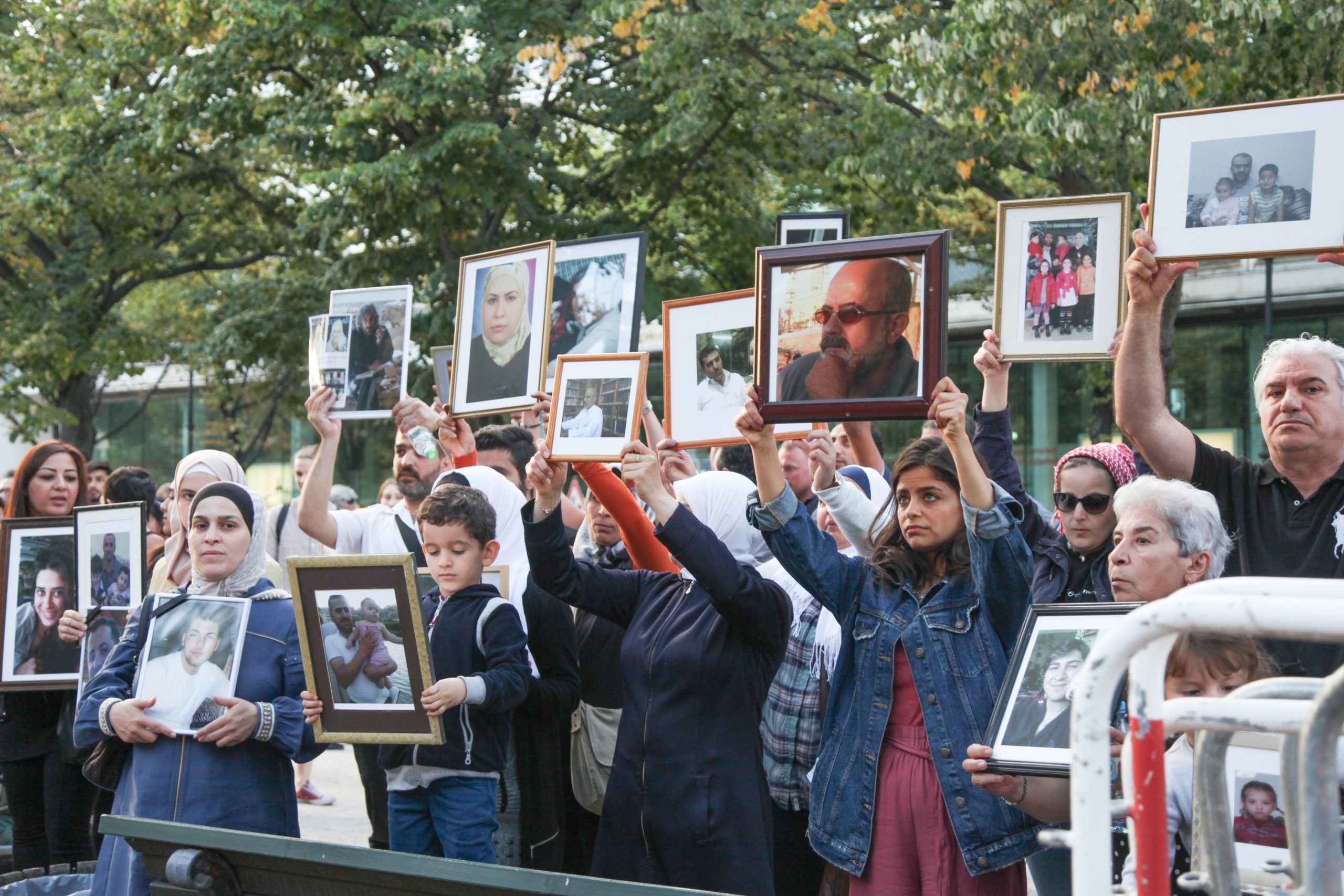
Fears over Ebola and concerns about potential human rights abuses have been making it harder for some Qatar residents to hire domestic help.
A number of applications to immigration for housemaid visas have been rejected in recent weeks, particularly for women from African countries, some residents have said.
Although no official reason has been given, one recruitment agent told Doha News that visas particularly for Kenyan nationals are currently being blocked due to concerns over the spread of the deadly Ebola virus.
While outbreaks of the virus have so far centered on West Africa, Qatar has upped its vigilance and anyone entering the nation from affected countries is subject to medical screening and “intense surveillance,” the Supreme Council of Health has said.
Human rights
Meanwhile, Ethiopia has temporarily stopped female citizens from working as domestic helpers in Qatar and most other GCC nations over human rights concerns.
An official from the Ethiopian Embassy in Qatar confirmed to Doha News that the ban, which also affects laborers, has been in effect for several months.
He said the recruitment freeze is in place while the country’s government passes new legislation to protect its workers. Provisions will include a minimum salary and set working hours, in a bid to reduce incidences of “people trafficking.”
The effects of these measures, coupled with the ongoing unofficial ban on visas for domestic workers from the Philippines, has made it harder for some families to juggle taking care of their children with work commitments.
Childcare woes
As there are no official breakfast clubs and after-school clubs in Qatar for children to attend, such families rely heavily on nannies and maids for wraparound childcare, before and after school hours and during school holidays.
One mother of two children who works as a lawyer told Doha News that she recently applied for a visa for a new maid after her previous help left Qatar, but her application was declined.
“This is a huge issue, especially when so many expats are moving over here or returning after the end of summer. If I can’t get a new housemaid, I don’t know what I will do. There is no real infrastructure in Qatar for working families.”
Another working mother recently applied for a visa to sponsor a Kenyan housemaid/nanny, but was also rejected.
Her recruitment agent, who works in Doha for a Kenya-based firm, told Doha News that several of her clients had recently also faced disappointment. The agent, who asked not to be named, said:
“This has been going on for about a week now. In that time, six clients have all told me that their visas were rejected.
“We believe it is due to concerns about Ebola.”
She added that a potential visa ban could have a significant impact on the migrant Kenyan workforce, as around 3,000 Kenyans were due to move to Qatar for work in the coming months, and up to 12,000 of these expats are expected to migrate in the next year.
The Kenyan Embassy has not yet responded to requests for comment.
Meanwhile, recruitment agents have told local media that there is currently a ban on recruiting domestic workers from some African countries.
However, officials at the South African and Ethiopian embassies in Qatar told Doha News they had not experienced any problems recently related to Ebola concerns.
Increasing demand
Qatar’s booming economy and population explosion have led to a surge in demand for domestic help, but potential employers should know that the rules are complex and ever-changing.
Qatar grants approval to certain countries to send workers as domestic staff. Traditionally this has included the Philippines, Indonesia, Sri Lanka, Ethiopia and Nepal.
Bangladesh, Cambodia and Vietnam more recently joined the ranks, along with the first European countries of Bosnia and Macedonia, the Ministry of Interior announced last year.
However, this does not mean that visas are always available for nationals from these countries, as human rights issues have led some countries to impose their own restrictions on their nationals from working in Qatar.
When Ethiopia agreed to send domestic workers to Qatar last year, its Minister of State for Labor and Social Affairs told the Peninsula that it was on the condition that its authorities would receive monthly reports about salary payments and work timings.
But it is not clear if this has happened, which may explain why the country has banned its women from working in Qatar, as well as the UAE and Saudi Arabia.
However, the Ethiopian embassy official who spoke to Doha News said that officials were working closely with the Qatari government on the issue, and have had a “very positive response.”
A resolution on the issue was expected in the coming months, he added.
Workers’ rights
The issue of regulated salary levels and working conditions for domestic workers – including hours per day, days off each week and holiday entitlement – is a contentious one.
There has been an unofficial ban on new visas for Filipina housemaids for non-Qatari sponsors for nearly two years, following a diplomatic tussle between the Philippines and Qatari governments about a minimum wage requirement of $400 (QR 1,500) per month.
Meanwhile, at the beginning of last year, Indonesia temporarily suspended recruitment of its domestic workers to Qatar.
An embassy official said they were overwhelmed by an increasing number of maids fleeing their employers to seek shelter at the embassy.
Such women complained of long working hours, lack of days off, low salary or non-payment of salary, the official said.
Qatar has been talking about passing a law to shore up domestic workers’ rights for more than a year. But progress has been slow, as employers push back against requests from governments for better treatment.
A GCC-wide unified contract that would set minimum conditions of employment for domestic workers has been through several drafts, with the latest due to be discussed by the GCC Council of Ministries of Labor this November.
Thoughts?









